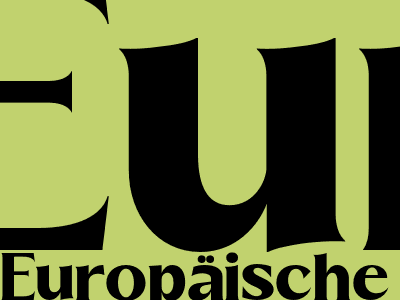
ECB Vice President Worried About Weak Economy in Eurozone
Economic Outlook Uncertain as Inflation Remains High
The European Central Bank's (ECB) Vice President, Luis de Guindos, has expressed concern about the weak economic outlook in the eurozone amid持续高 通胀. Guindos highlighted the impact of the ongoing war in Ukraine, the energy crisis, and supply chain disruptions as key factors contributing to the uncertain economic climate.
Inflation and Growth Challenges
Inflation in the eurozone has remained stubbornly high, driven by rising energy and food prices. The ECB has raised interest rates in an attempt to tame inflation, but this has also weighed on economic growth. 货币收紧也导致借贷成本上升,这进一步放缓了经济活动。
Geopolitical and External Factors
The ongoing war in Ukraine has disrupted trade flows and led to higher energy prices, which are key factors contributing to inflation. Additionally, supply chain disruptions caused by the COVID-19 pandemic have continued to impact businesses and consumers.
ECB Policy Response
The ECB has faced criticism for being slow to address rising inflation. However, the bank has argued that it needs to balance the risks of inflation with the need to support economic growth. The ECB has also emphasized the importance of fiscal policy in supporting the economy.
Outlook and Policy Implications
The economic outlook for the eurozone remains uncertain, with inflation expected to remain high in the near term. The ECB is likely to continue raising interest rates in an effort to bring inflation under control, but this could further weigh on economic growth. The bank will need to carefully balance its mandate of price stability with the need to support economic recovery.